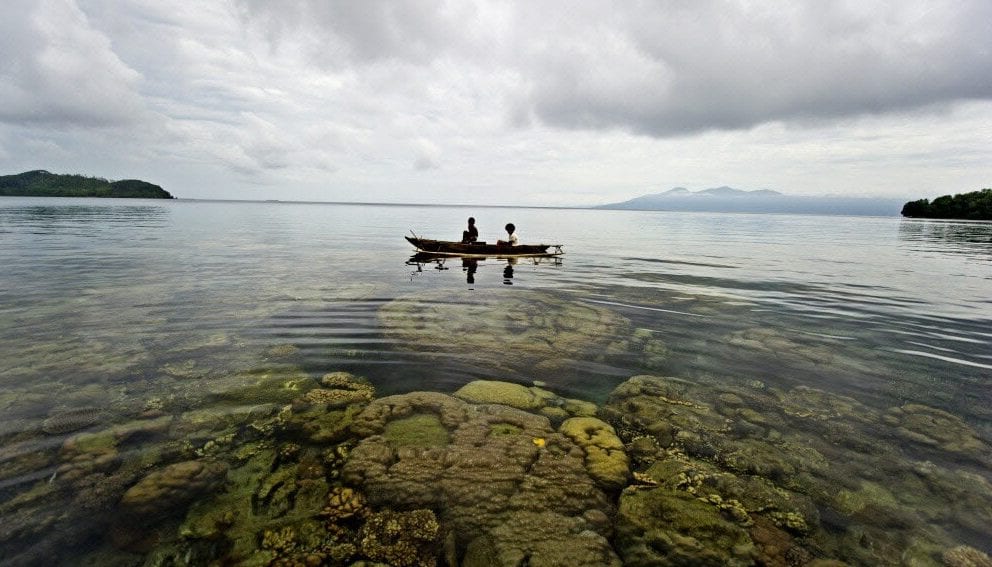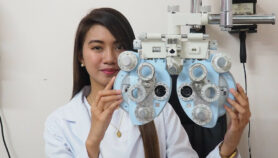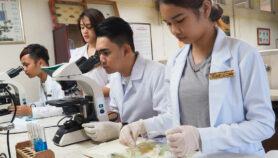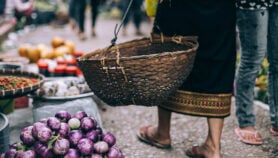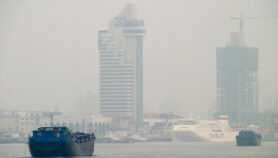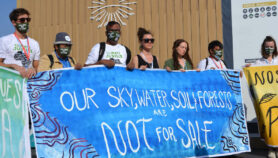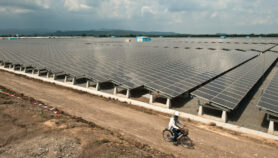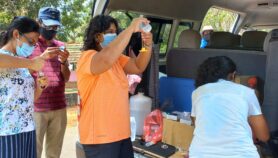By: Fatima Arkin
Send to a friend
The details you provide on this page will not be used to send unsolicited email, and will not be sold to a 3rd party. See privacy policy.
[MANILA] Faced with rising sea levels and other major challenges, small island developing states (SIDS) are at a crucial turning point and must adopt initiatives that promote a “blue-green economy” strategy.
This strategy offers “the prospect of environmentally sound, socially inclusive growth with a lower level of indebtedness, transparent financial systems, food security and enhanced disaster preparedness”, says a new Global Environment Outlook (GEO) report on SIDS (2 September) by the UN Environment Programme (UNEP).
“There is no magic bullet that will meet the needs of every island state,” Keisha Garcia, one of the authors of the report, tells SciDev.Net. “But the report used the topics that the SIDS governments agreed on as a priority and matched those with the UNEP’s own programme of work and priority agenda. Out of that came a mix of four areas.”
These four areas consist of adopting a blue-green economy to foster a clean and healthy environment and balanced development; giving priority to the island community and culture; linking traditional knowledge and modern science to reconnect with nature; and pursuing rapid technological innovation or “technology leapfrogging”.
But the report notes that proper conditions must be set to realise a blue-green economy or sustainable development that features oceans which is the major concern of SIDS. These include adopting natural capital accounting, and promoting sustainable consumption.
Once that happens, the report says, modern science can be combined with traditional knowledge in many ways. Coral reef growth can be regulated with science and community monitoring. Agri-tourism, which brings together sustainable development and tourism, can also help increase food security.
Part of these efforts is a new online platform creating a community of practice to engage SIDS scientists, experts and policy makers. The importance of such a platform, particularly to the SIDS, cannot be underestimated, says Garcia.
“The Global Environment Outlook process has neither been really good at keeping scientists connected during the five-year period between GEO reports nor effective at connecting the GEO thematic reports with the main global outlook report,” Garcia explains. “The community of practice can bring greater coherence and continuity to that GEO process.”
Ilan Kelman, a lecturer on risk, resilience and global health at the University College London, agrees. He says that while there is a lot of information online, especially in terms of environmental data, these are not always suitable for SIDS needs.
“Often, the data are too large scale or too generic to be useful to smaller and more diverse locations,” says Kelman.
Garcia adds that the new GEO report on SIDS serves as a lesson in time management. A thematic or regional GEO report normally takes a couple of years, which can involve costly flights, international meetings and hotel accommodations. But the SIDS report only took a few months.
“You don’t need a huge amount of money or time to get some of these thematic GEO reports in place,” says Garcia. “If you organise it very well and efficiently, it can be done very quickly.”
Link to the GEO SIDS Outlook report of the UN Environment Programme
This article has been produced by SciDev.Net's South-East Asia & Pacific desk.


